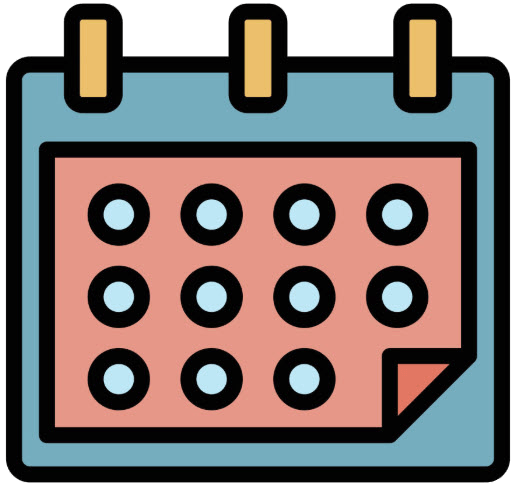
The Difference Between an Equity Loan and an Equity Line (HELOC)
EQUITY LOAN
An Equity Loan is a fixed-rate mortgage that is placed in 2nd position behind the primary mortgage.
It is always a fixed rate, and 100% of the loan is funded to the borrower upon closing.
10, 15, 20, and 30 and 40-year amortizations are available.
INCOME
The income types available for an Equity Loan are:
Full income document loans or retirement income can also be used to qualify.
Minimum loan amount is $75,000 and can go as high as $750,000 but the maximum loan amount will decrease based on available equity and credit score.
The lowest acceptable credit score is 660.
The highest combined loan-to-value is 90% (combined with balance of 1st mortgage).
EQUITY LINE (HELOC)
The most popular and widely-used of the 2nd loans, the HELOC can also be in first position if there is no existing loan on the property.
The advantage of a HELOC is you only pay interest on what you are using.
The interest rate is tied to the prime rate plus a margin. Margins varies depending on loan amount, loan-to-property value, and FICO score.
The types of income verification available for this loan is:
W-2 and pay stubs if employed
If self-employed, 1 or 2 years of tax returns, depending on length of self employment.
Bank Statement - one year of business or personal bank statements
If business bank statements are used, maximum loan amount is $750,000
If personal bank statements are used, maximum loan amount is $500,000
Owner-occupied, second homes, and investment properties are eligible.
20-year loan, 5-year draw interest-only.
The minimum FICO is 660

Explore Our Related Site
Business loans & working capital solutions
9100 Wilshire Blvd Ste 725E
Beverly Hills CA 90212
NMLS#263711
Fair Housing Lender

jeangallagher.com ©2025

